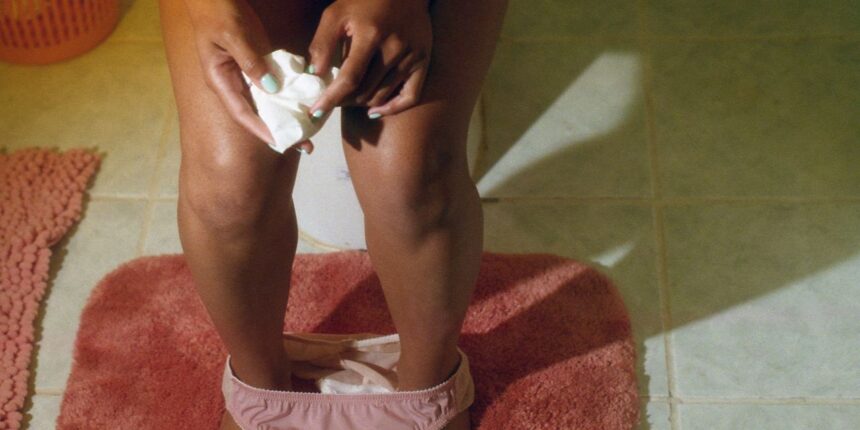If you feel like you’re peeing flames, you might be dealing with a urinary tract infection (UTI), That’s a pain in the butt urethra as is, but making things doubly annoying is the fact that you have to see a doctor for antibiotics to clear it up—there’s only so much you can do sans prescription to put out the fire. We’d consider that all more reason to learn how to prevent UTIs in the first place.
After all, UTIs—which happen when bacteria wiggle into your urethra (the duct that carries urine from your bladder out of your body) and start multiplying—don’t always cause symptoms, but when they do, they’re incredibly unpleasant. You might experience that classic burning sensation, a need to pee all the time but only being able to expel a little (or none at all) when you try, and pelvic pain. Your pee may go all wonky, too: A UTI can cause urine to be cloudy, strong-smelling, or even bloody. The infection can also spread and affect other parts of your urinary tract, including your bladder, ureters (the tubes that connect your kidneys to your bladder), and kidneys. The latter can turn serious fast, bringing on a high fever, nausea, and severe abdominal pain, and may even require hospitalization and an IV antibiotic to treat, Renita White, MD, a board-certified ob-gyn at Georgia Obstetrics & Gynecology, in Atlanta, tells SELF.
So it’s well worth some extra effort on the front end to avoid UTIs—and the complications they can bring. Read on to learn tried-and-true tactics for how to prevent a UTI, plus whether those natural remedies and supplements really work, and how to deal if you still wind up stuck in a vicious cycle of recurrent infections.
1. Wipe from front to back when you use the bathroom.
This tip makes perfect sense when you consider your anatomy. The opening of your urethra is pretty close to your anus, which may be teeming with gastrointestinal bacteria like E. coli. When you wipe from back to front, you risk carrying that bacteria to your urethra, where it can cause an infection, G. Thomas Ruiz, MD, an ob-gyn at MemorialCare Orange Coast Medical Center in Fountain Valley, California, tells SELF. Wiping from front to back doesn’t totally eliminate the risk that infection-causing bacteria will make their way to your urethra, but it definitely lowers it.
2. Don’t hold your pee for hours when you need to go.
It can be annoying to stop whatever you’re doing and find a bathroom, but you really shouldn’t ignore your body’s go-pee-now messages. When pee hangs out in your bladder for too long, it gives bacteria a chance to grow and potentially cause an infection. “By emptying the bladder as completely as possible, you are washing out any bacteria that might have been ‘pushed’ into the lower urinary tract,” David Kaufman, MD, director of Central Park Urology, a division of Maiden Lane Medical, tells SELF.
3. Pee after having sex.
The mechanics of sex, however great it may be, can make a UTI more likely. All the movement and friction can jostle around the bacteria down there, shifting some of it from around your vagina or anus into your urethra. Folks with a vagina also have shorter urethras than people with a penis, Dr. White says, making it even easier for bacteria near the entrance to climb up into the bladder and trigger an infection there. It’s the reason why peeing after sex is sage advice. It can help flush out any bacteria that may have wrongly made its way into your urethra and ward off any issues, Dr. Kaufman says.
But what if you really have to pee before sex, and then you don’t have much in your system when you’re done? Dr. Kaufman recommends drinking water to try to refill your bladder. The whole goal is to be able to pee “like a fire hose” to push out any bacteria, he says.
4. Don’t use anything scented on any part of your sexual anatomy.
Scented powders, washes, and period products like pads could irritate your urethra, increasing your susceptibility to a UTI, Tanaka Dune, MD, a board-certified urogynecologist who works internationally, tells SELF. Not to mention, these fragranced personal-care products can screw with your vaginal pH (a measure of how acidic it is), throwing off the delicate balance of bacteria therein and allowing for overgrowth of the bugs that can cause a yeast infection or bacterial vaginosis (BV)—neither of which you want either.
Read the full article here



